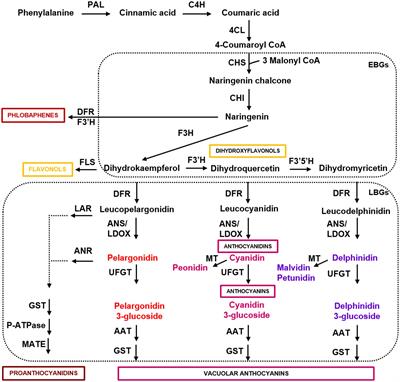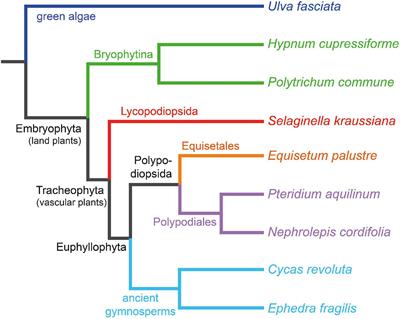EDITORIAL
Published on 03 Mar 2022
Editorial: Phenylpropanoid Systems Biology and Biotechnology
doi 10.3389/fpls.2022.866164
- 2,671 views
- 5 citations
42k
Total downloads
171k
Total views and downloads
EDITORIAL
Published on 03 Mar 2022
ORIGINAL RESEARCH
Published on 13 Jan 2022

ORIGINAL RESEARCH
Published on 06 Jan 2022

ORIGINAL RESEARCH
Published on 14 Dec 2021

ORIGINAL RESEARCH
Published on 02 Dec 2021

ORIGINAL RESEARCH
Published on 09 Nov 2021

REVIEW
Published on 28 Oct 2021

ORIGINAL RESEARCH
Published on 07 Oct 2021

ORIGINAL RESEARCH
Published on 06 Oct 2021

REVIEW
Published on 01 Oct 2021

ORIGINAL RESEARCH
Published on 30 Sep 2021

MINI REVIEW
Published on 16 Sep 2021
